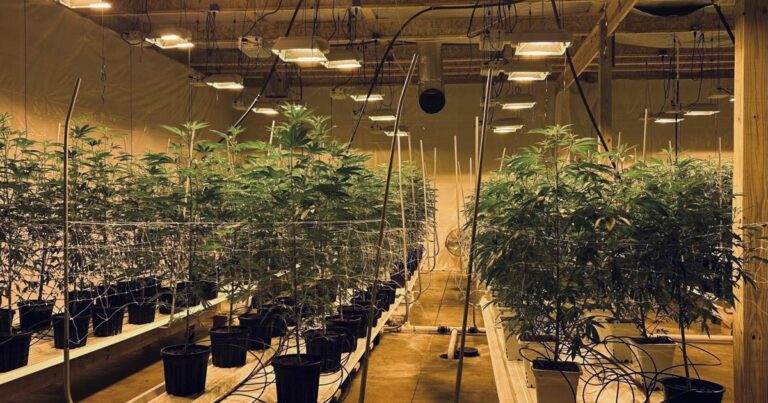The Agricultural Improvement Act, also known as the Farm Bill, removed hemp and hemp seed from the Drug Enforcement Administration's list of controlled substances and authorized hemp production to the federal government.
“These products are federally legal and regulated,” said Kelly Hess, executive director of the Tennessee Growers Federation.
The U.S. Department of Agriculture is responsible for issuing regulations and guidelines. Concerns have also been raised about what lawmakers are calling a “loophole.” This so-called “loophole” allows different types of cannabinoids, such as THC and CBD, that are naturally present in the cannabis plant, to be chemically modified to create semi-synthetic cannabinoids. These are federally legal as long as they contain 0.3% or less Delta-9 THC.
“We can legally sell hemp under USDA's federally regulated program. The Miller amendment simply seeks to re-emphasize decarboxylation in an effort to take THCA off the table.” said Christopher Sumrell, owner of FarmToMed.
In an effort to close the loophole, the Miller Amendment proposes changing the definition of hemp to include only naturally occurring, non-intoxicating cannabinoids.
“They're so confused about the science behind the plant that if they try to take the Miller amendment on the table, we're just going to take them to court,” Sumrell said.
If passed, many retailers will likely close, according to the Tennessee Growers Federation.
“In reality, just CBD, the non-psychoactive cannabinoid on the market, would be 90% prohibited,” Hess said.
We reached out to the author of the amendment, U.S. Representative Mary Miller of Illinois, but did not hear back. However, she issued a statement saying:
“I also included my amendment to close a loophole that allowed THC products infused with drugs like Delta-8 to be sold to teenagers in candy-like packaging. We must stop our teens and children from being exposed to addictive and harmful drugs. “
There are age restrictions for purchasing products, and consumers may see signs in retail stores warning buyers that they are 21 years of age or older.
In Tennessee, 23 hemp retail stores have popped up across Hamilton County.
The 6% additional tax on hemp products has generated millions of dollars in revenue for the state since it went into effect in July 2023.
FarmToMed, a Hamilton County company, grows, manufactures and sells all of its products.
“Everything FarmtoMed sells is made through plants grown by FarmtoMed,” Sumrell says.
Cultivation, manufacturing and retail are permitted through the state, Sumrell said.
He said it's a cumbersome process that requires listing all the genetic variations in the plants you're growing, providing a total number of plants, and testing each gene for compliance with state regulations. That's what I say.
Cannabis products with more than 0.3% THC are considered marijuana. These products have been identified by the Drug Enforcement Administration as Schedule 1 substances under the Controlled Substances Act. This means it has been identified as having a high potential for abuse and has no currently accepted medical use in therapy.

